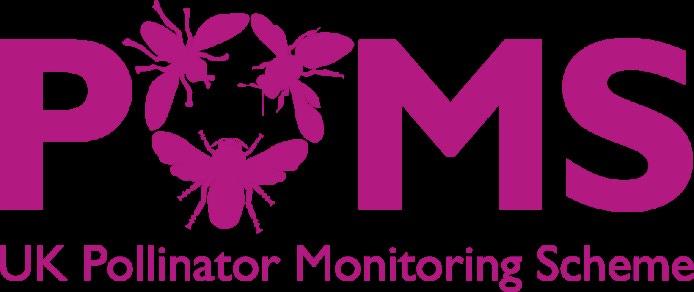
1 minute read
Meet the Expert
In this issue, we focus on Dr Helen Baker, Marine Team Co-Leader
What prompted your interest in nature?
I grew up in the countryside and as a family we were always out and about. Two places sparked my interest in birds and all things nature: a local wildlife trust nature reserve where I found my first woodpecker nest and discovered Common Twayblades and Penny Buns; and Dovedale where we played at the famous stepping-stones and walked up the dale to look for Dippers, which still fascinate me. My favourite saying is ‘keep your eyes peeled for Dippers’.
How did you get into ornithology?
My first degree was fairly bird-free as I focused on general ecology, but I had the privilege of doing a PhD on birds in Scottish Pinewoods (still my happy place). Since then, I’ve done some exciting bird work, including tracking Water Rails, studying Hawaiian Honeycreepers, Hawaiian Geese, Bonin Petrels, and avian malaria in Samoan birds, and helping on lots of projects ringing or monitoring birds. I switched to a government advisory role when I joined Scottish Natural Heritage (now NatureScot) in 1999 and was responsible for synthesising scientific advice to underpin Special Protection Area (SPA) designations. The 2001 SPA Review project gave me the chance to join JNCC and since then I’ve had a range of roles, primarily in bird conservation.
What does your role as marine species team leader entail?
I support JNCC’s marine bird experts in delivering a wide range of evidence and advice, so I spend time working with them to make sure we are going in the right direction, meeting the needs of those we collaborate with or advise, and supporting them to individually develop and thrive. I help with strategic development, planning, negotiations, financial management, performance reporting, representing the team’s interests and very occasionally technical advice. The team covers marine bird monitoring, indicators, advice on offshore industries, pollution response, bycatch and biosecurity, protected areas, and national and international seabird conservation advice, including albatrosses and petrels in the South Atlantic.
Why is bird conservation important?
A big question; the simple answer is that birds are best, but seriously, they are a critical component of any ecosystem, and securing healthy ecosystems is what it’s all about so you can’t do conservation without birds. Birds have become the sentinels of nature conservation because they are easy to see and identify (mostly), they live with and all around us and give us the gift of a rich, natural soundtrack to life.











